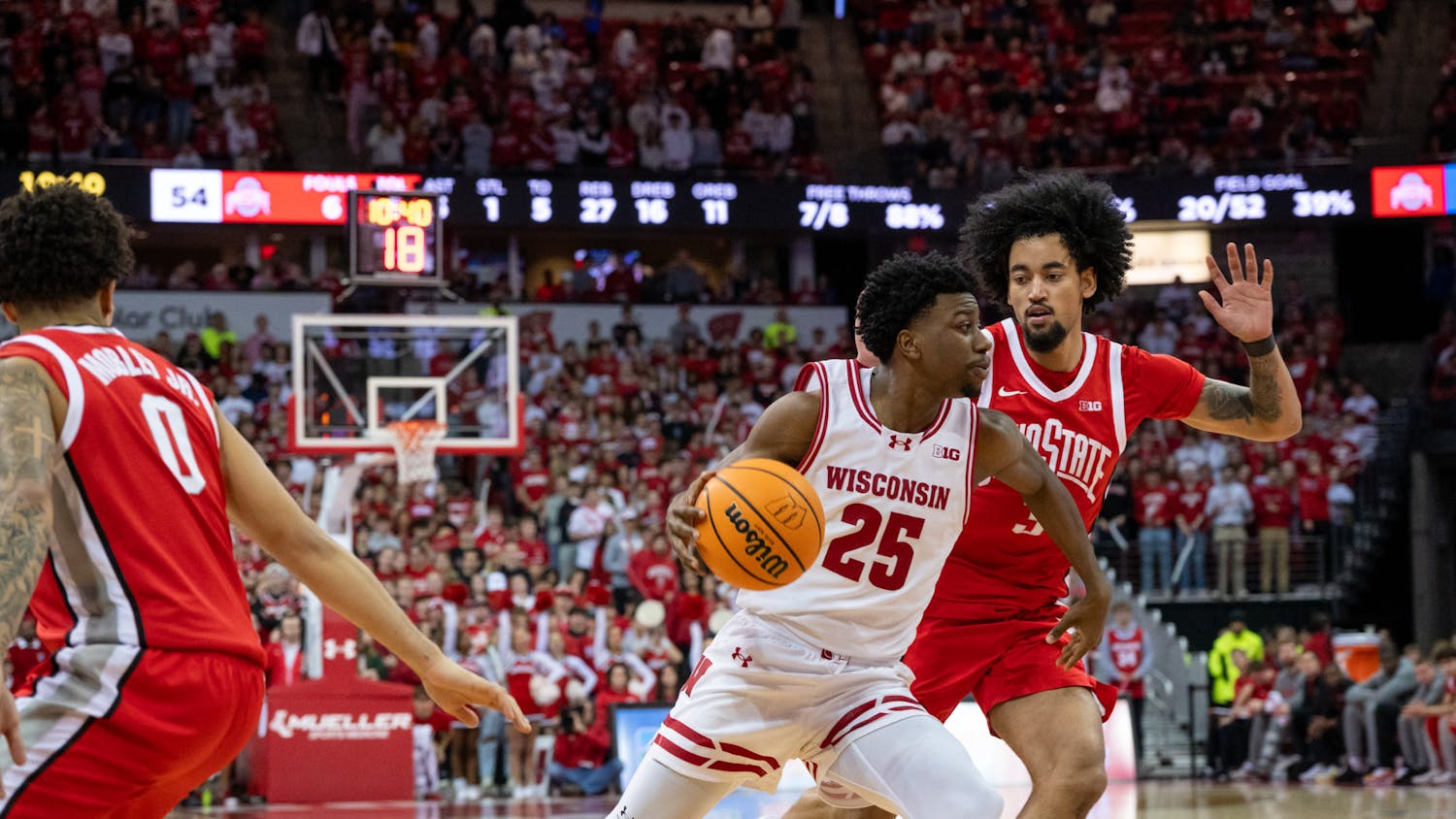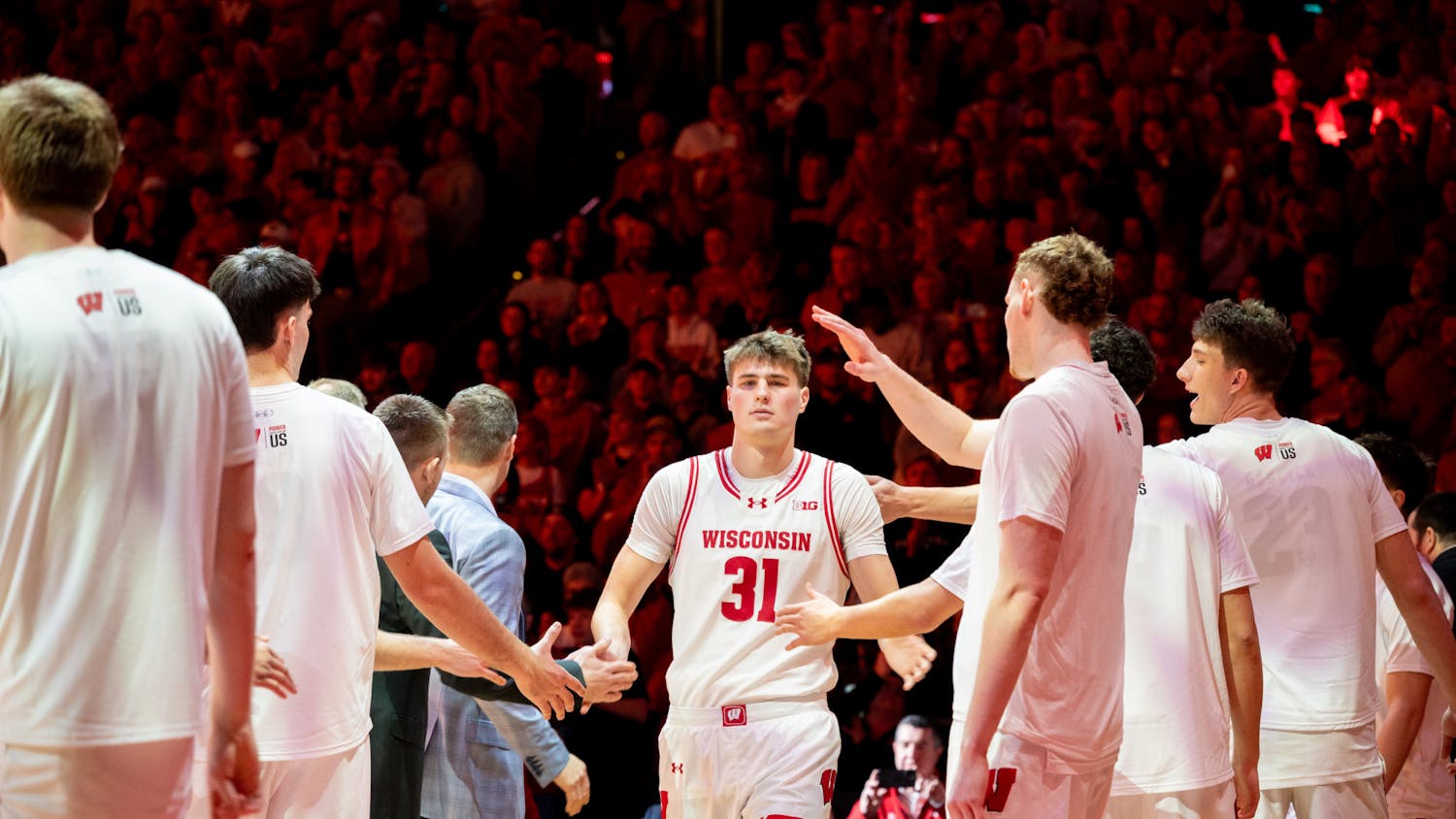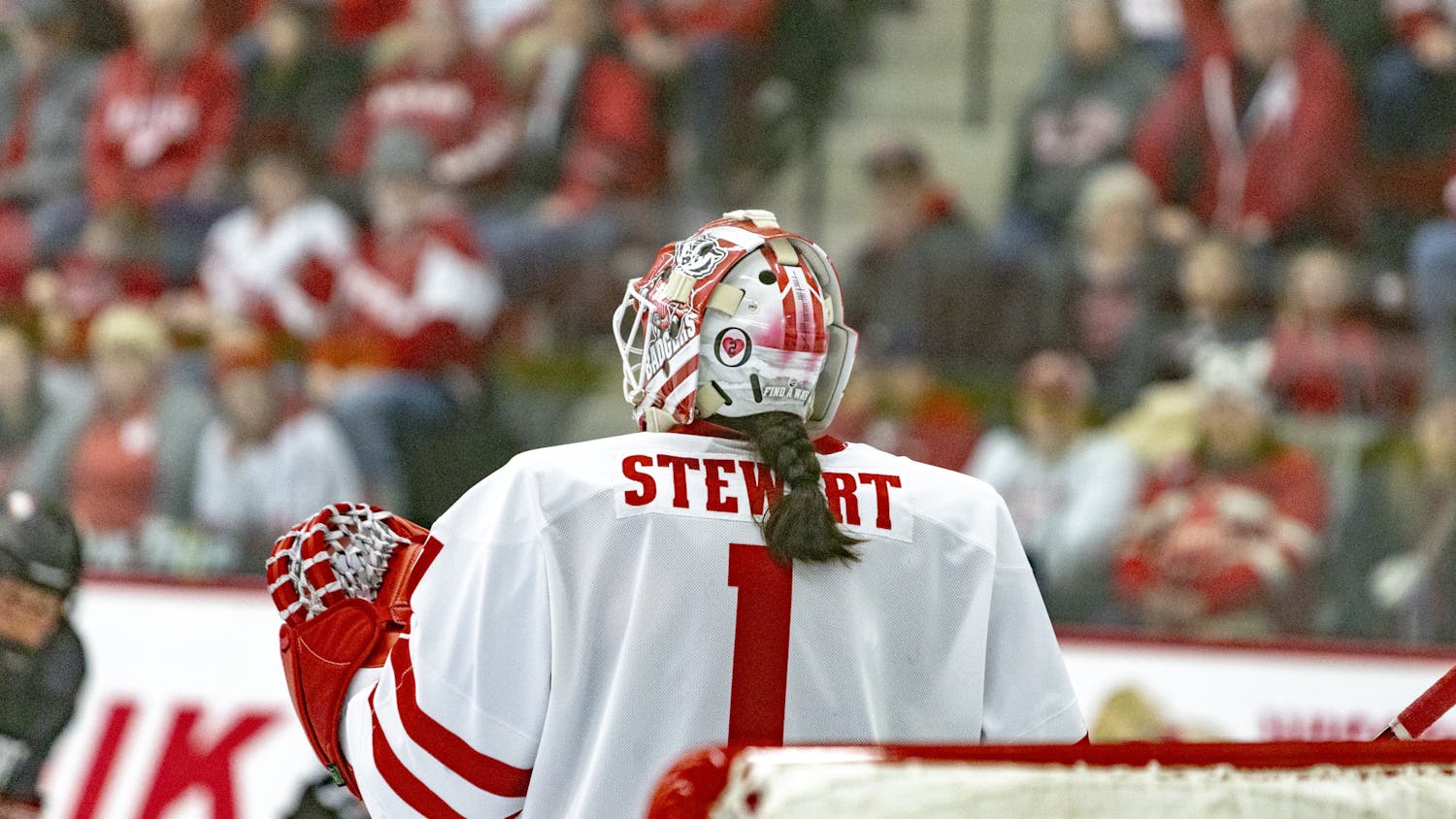Monday, the Atlanta Braves shocked the baseball world by announcing they were leaving their 17-year-old stadium, Turner Field, for a new $672 million stadium in Atlanta’s northern suburb of Cobb County.
The Atlanta Journal-Constitution also reported that approximately $450 million of that price tag will covered by public money. It also reported the Cobb County Commission would approve the stadium deal, instead of a public vote.
This comes after the Atlanta Falcons announced earlier this year they would move out of the 21-year-old Georgia Dome to a state-of-the-art, technologically marvelous (Google how the dome opens and closes) $1.2 billion stadium, of which $200 million will come up front from public money, and that’s not even counting the extra tax proceeds the Falcons will be allowed to keep. Neil deMause, author of “Field of Schemes,” a book explaining how public money is given to sports franchises for stadiums, estimated that price could eventually add up to $554 million. Add that up and you’ve got municipalities of Atlanta promising over $1 billion to sports teams to replace two stadiums that have a combined age of 38.
These are just two examples in a long line of states and cities agreeing to pay exorbitant amounts of money to keep the local sports team from moving away.
How do politicians decide that keeping a sports team in their town is more important than the financial solvency of their city?
It’s because every major sports league, particularly the National Football League (thanks to Los Angeles being used as a threat every time a city doesn’t want to pay for a new stadium), has found a way to extort local politicians and make them choose between being the guy who let a popular sports team leave or the guy who further bankrupted their municipalities with a shady stadium deal.
Since the team leaving looks so much worse in the short term, 9 politicians out of 10 will choose the former and hope that no one notices the financial burden before they retire.
In the end, we simply don’t know how to evaluate how much a team is worth. Maybe shinier bathrooms and healthier, but still overpriced food isn’t worth it while teachers are laid off.
That equation simply doesn’t make sense. Team owners are allowed to buy and run a franchise, but when the time comes to pay for a new stadium, they don’t have to face virtually any financial risk.
Overall, one sad, simple truth remains: Sports teams will milk a city for millions, their politicians will go along with it and nobody will care.





